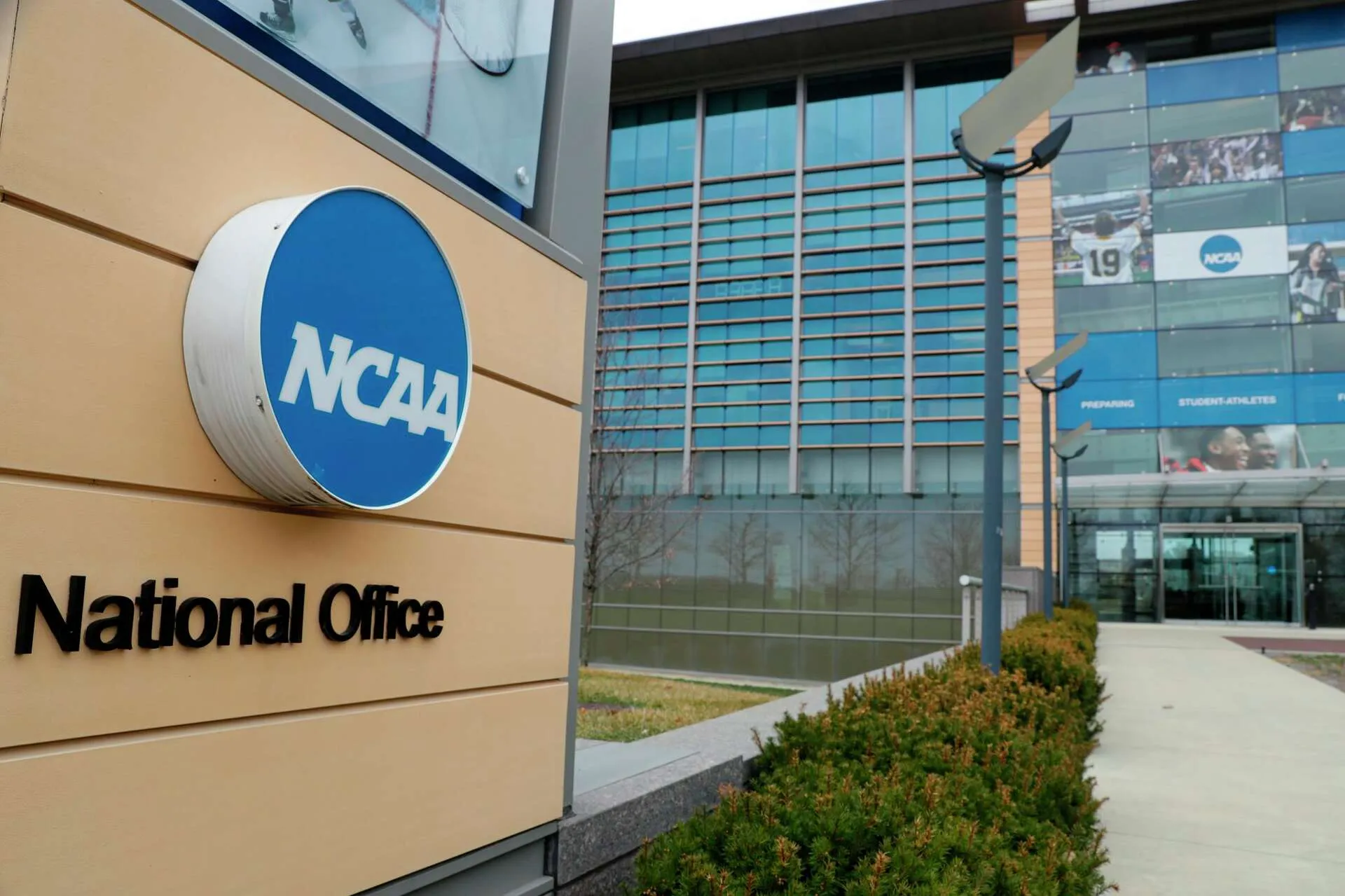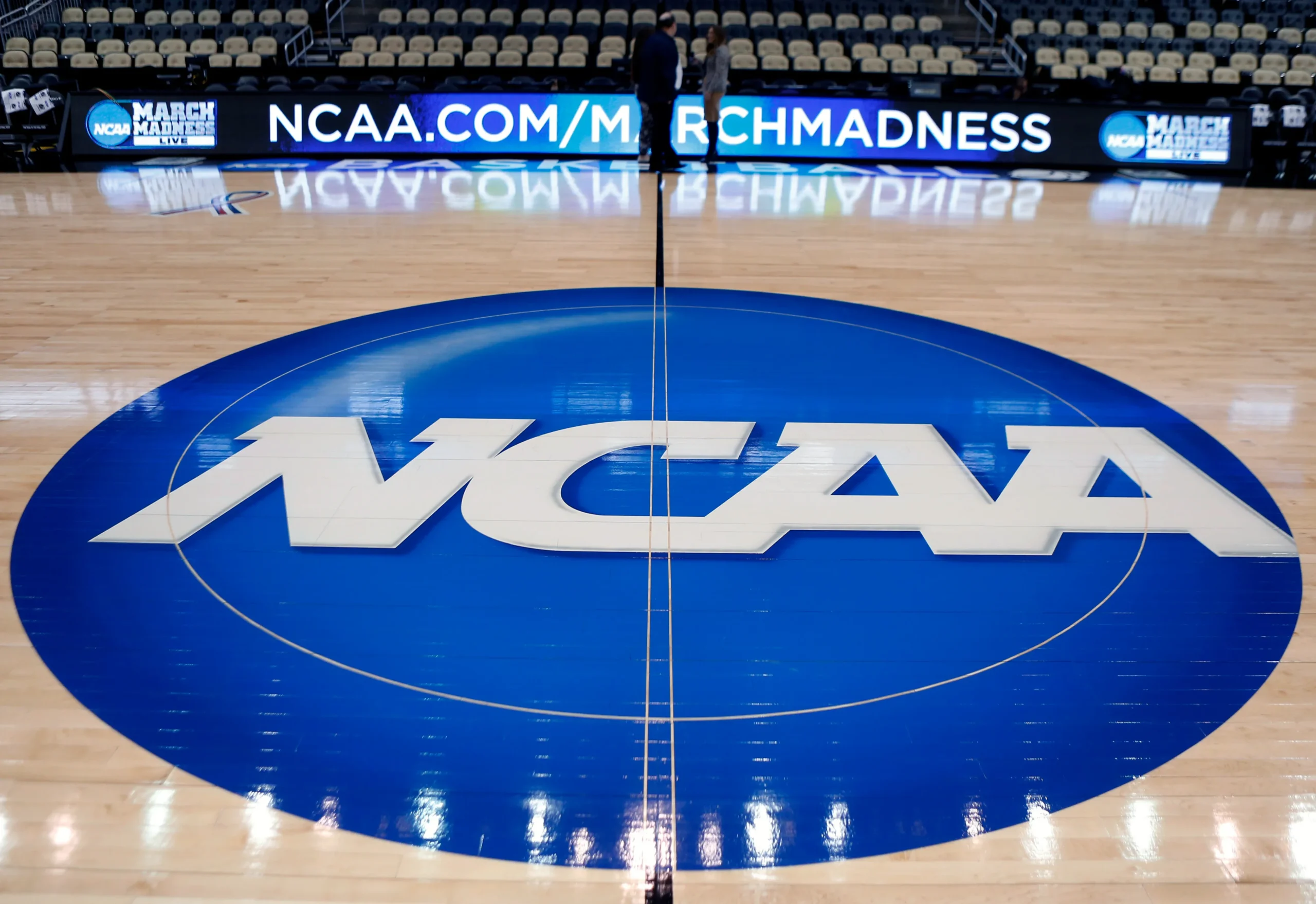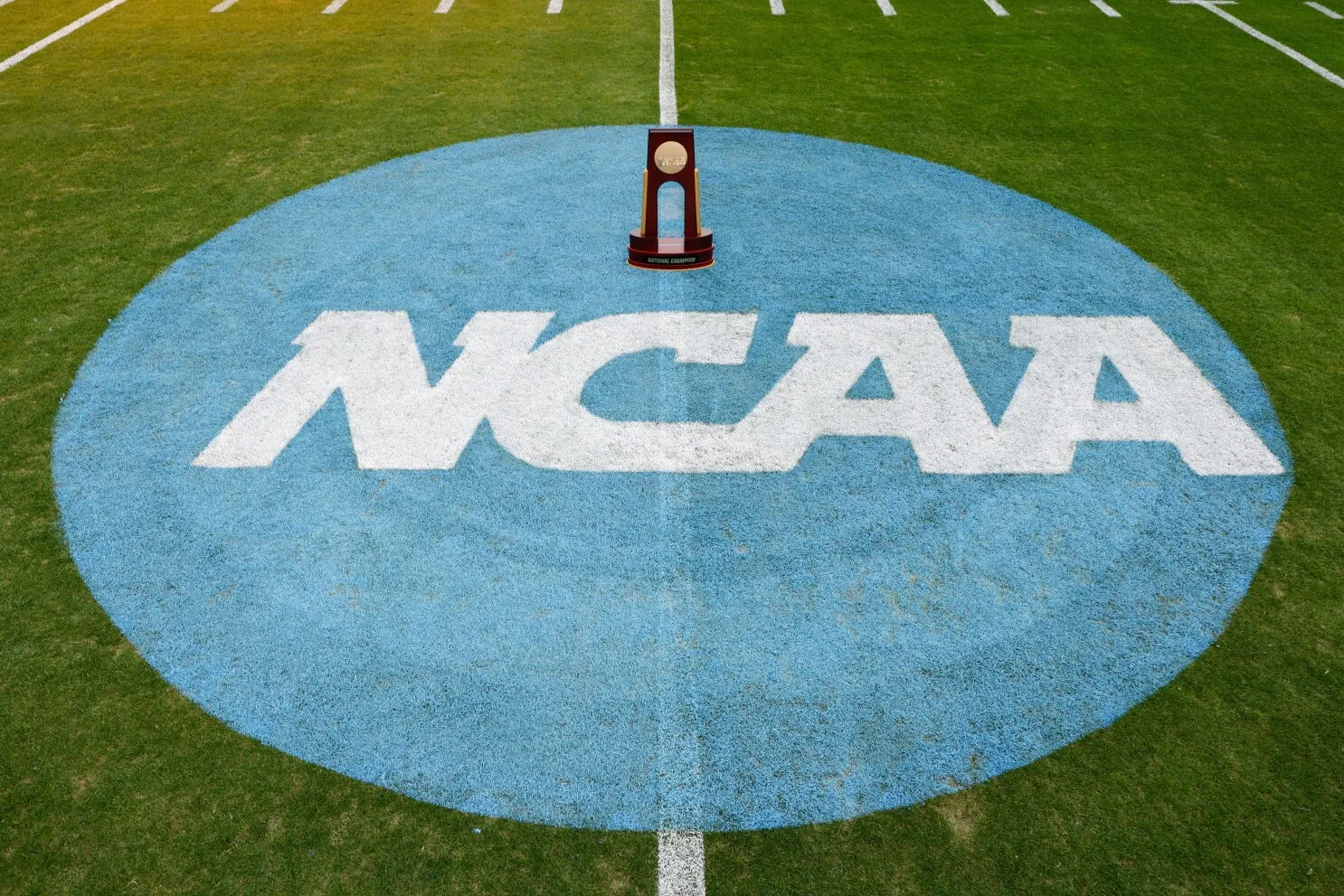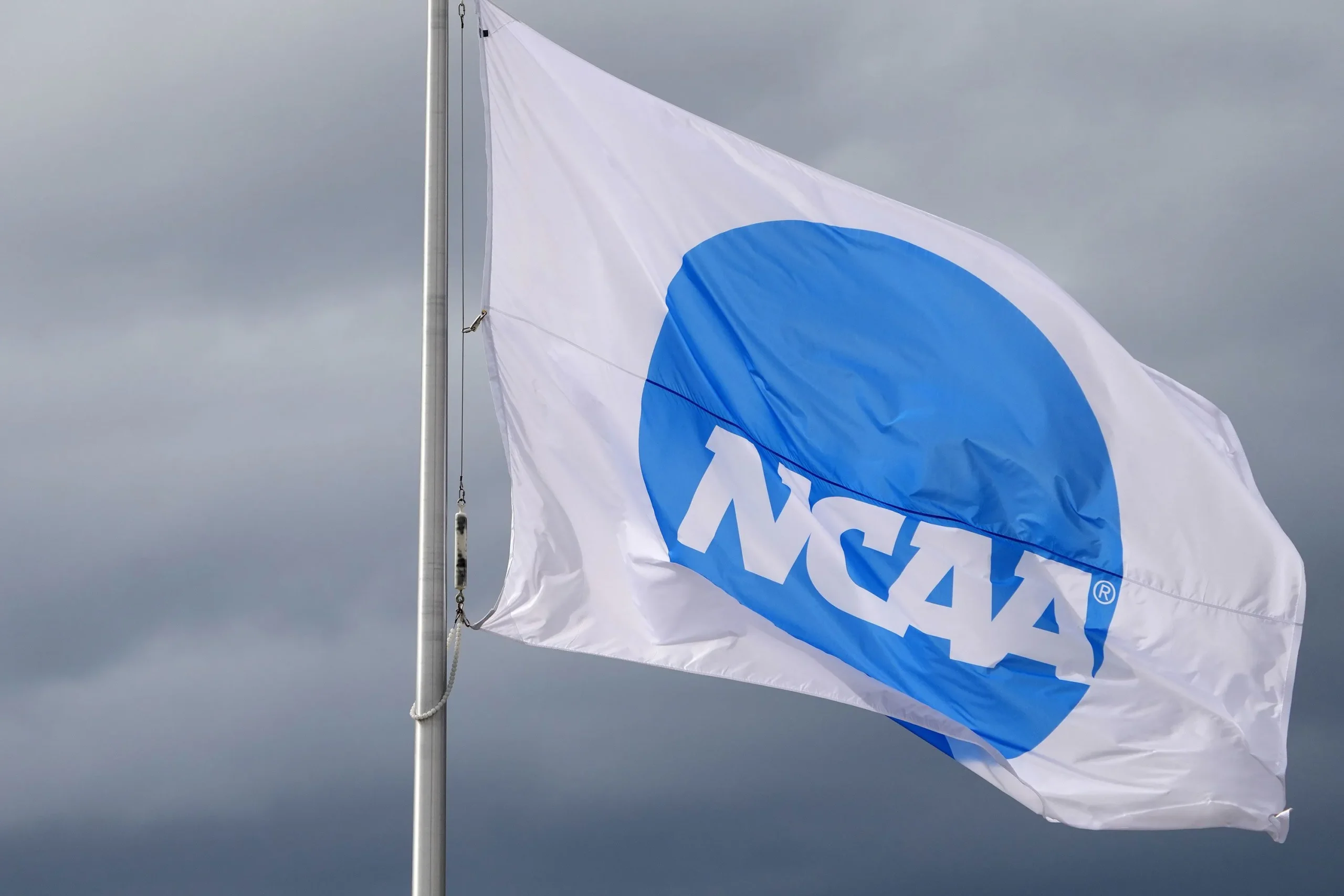In a landmark development, the National Collegiate Athletic Association (NCAA) and the attorneys general of Tennessee and Virginia have arrived at a significant settlement in an antitrust lawsuit concerning the contentious issue of name, image, and likeness (NIL) compensation in college sports recruiting. This agreement marks a crucial pivot in the ongoing discourse surrounding athlete compensation and may set a precedent for future regulations and collegiate sports culture.

Background of the NIL Dispute
The legal battle, which ignited a broad discussion on the rights of student-athletes, stems from a 2024 lawsuit that accused the NCAA of unfairly restricting NIL compensations as a tool in recruiting talented athletes. The case gained traction when the NCAA began investigating potential violations involving the University of Tennessee and quarterback Nico Iamaleava, spotlighting the intricate relationship between college sports and athlete endorsements.
Details of the Settlement
While the specifics of the settlement remain under wraps, it represents a significant shift in the NCAA’s approach to NIL compensation. According to Tennessee Attorney General Jonathan Skrmetti, “We’ve been fighting hard to protect Tennessee student-athletes. Last year, we blocked the NCAA’s unlawful enforcement against Tennessee students and schools, and now this settlement in principle lays the groundwork for a permanent solution.” This statement underscores the states’ commitment to safeguarding their athletes’ interests amidst the evolving landscape of college sports.

The NCAA echoed this sentiment, stating, “The NCAA has reached a settlement that resolves the issues Tennessee and the other involved states raised without posing an obstacle to completing the House, Carter and Hubbard settlements.” This indicates a broader strategy to reconcile existing disputes while pushing forward with comprehensive reforms in athlete compensation.
Implications for the Future of College Sports
The preliminary injunction granted in February last year, which prohibited the NCAA from enforcing its NIL rules, remains in effect. This ongoing injunction highlights the complex nature of integrating NIL policies without disrupting the balance of college athletics.

As the landscape of college sports continues to evolve, all eyes are on the NCAA’s next moves, especially with the anticipation of a revenue-sharing model under the forthcoming House settlement. Scheduled for final approval in April, this model could redefine the economic foundation of college athletics, potentially offering a new era of fairness and opportunity for student-athletes across the nation.

I am a writer with a passion for technology and gaming. I write about a variety of subjects, including Esports, Games, Shows, and Sports. I create engaging and informative content for Hiptoro.

